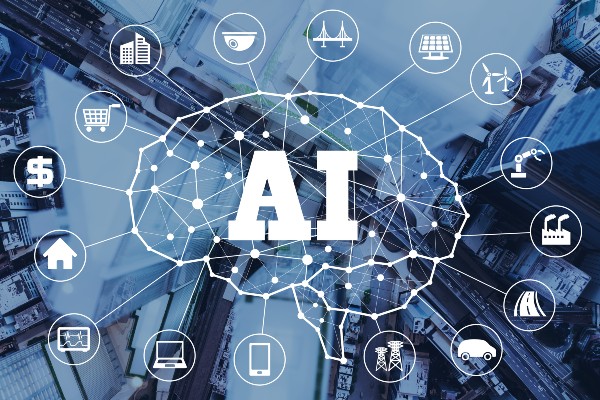In the logistics sector, technological advancements are reshaping the industry, with a particular focus on artificial intelligence (AI) and machine learning (ML). These technologies hold immense potential for growth and the enhancement of supply chain operations, enabling logistics companies to optimize their digital solutions for greater efficiency.
AI and ML are driving improvements in various aspects of logistics, including cost optimization, reduction of empty miles, and comprehensive freight tracking throughout the transportation cycle.
Digital marketplaces are being transformed by AI and ML, allowing shippers to post freight loads and carriers to efficiently offer and purchase services without the need for time-consuming phone calls. This streamlines the negotiation process, making digital load boards an even faster solution.
AI is being leveraged to provide real-time price forecasting by analyzing historical data, shipping information, bidding activities, and numerous other factors. This real-time pricing information benefits both shippers and carriers, enabling effective cost management for shippers and fair pricing for carriers.
These advanced algorithms require extensive historical transportation data and rapid feedback loops to generate accurate results. Many of the AI features emerging in the industry are built upon decades of data from both shippers and carriers.
Efforts to create more environmentally friendly logistics solutions are a priority, and AI plays a crucial role. Minimizing empty miles, which account for a significant portion of total driven miles, is a key strategy. AI algorithms on digital load boards help carriers find the right loads and create optimized routes, reducing wasted fuel and environmental impact.
AI and ML also provide insights into the environmental footprint of logistics operations, helping companies assess their carbon footprint.
Effective order tracking is essential for shippers, and AI-powered algorithms enable tech-enabled freight companies to offer real-time tracking information.
Enhanced visibility allows shippers to optimize transportation spending, manage risks, and take proactive measures.
Furthermore, this technology benefits carriers by providing insights into their fleet’s freight activity, aiding in future planning and exception management.
The future of logistics holds exciting possibilities with generative AI, which can deduce responses, predictions, and forecasts based on patterns. Generative AI can serve as a digital assistant, assisting shippers in building customized shipping strategies, evaluating supply chain scenarios, identifying risk factors, and recommending risk mitigation measures.
While the logistics industry is just scratching the surface, AI and ML are poised to drive further advancements and innovations in shipping.

